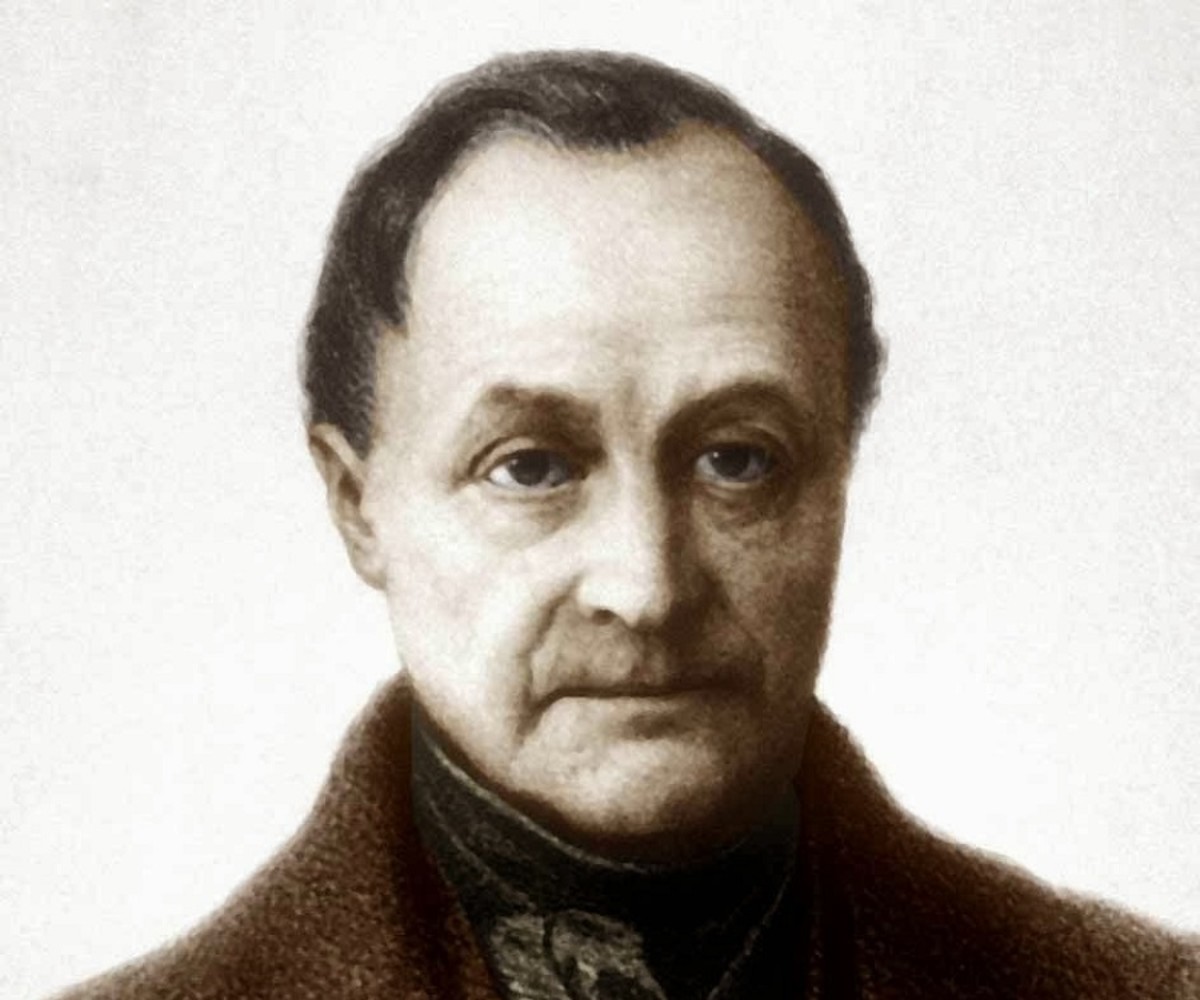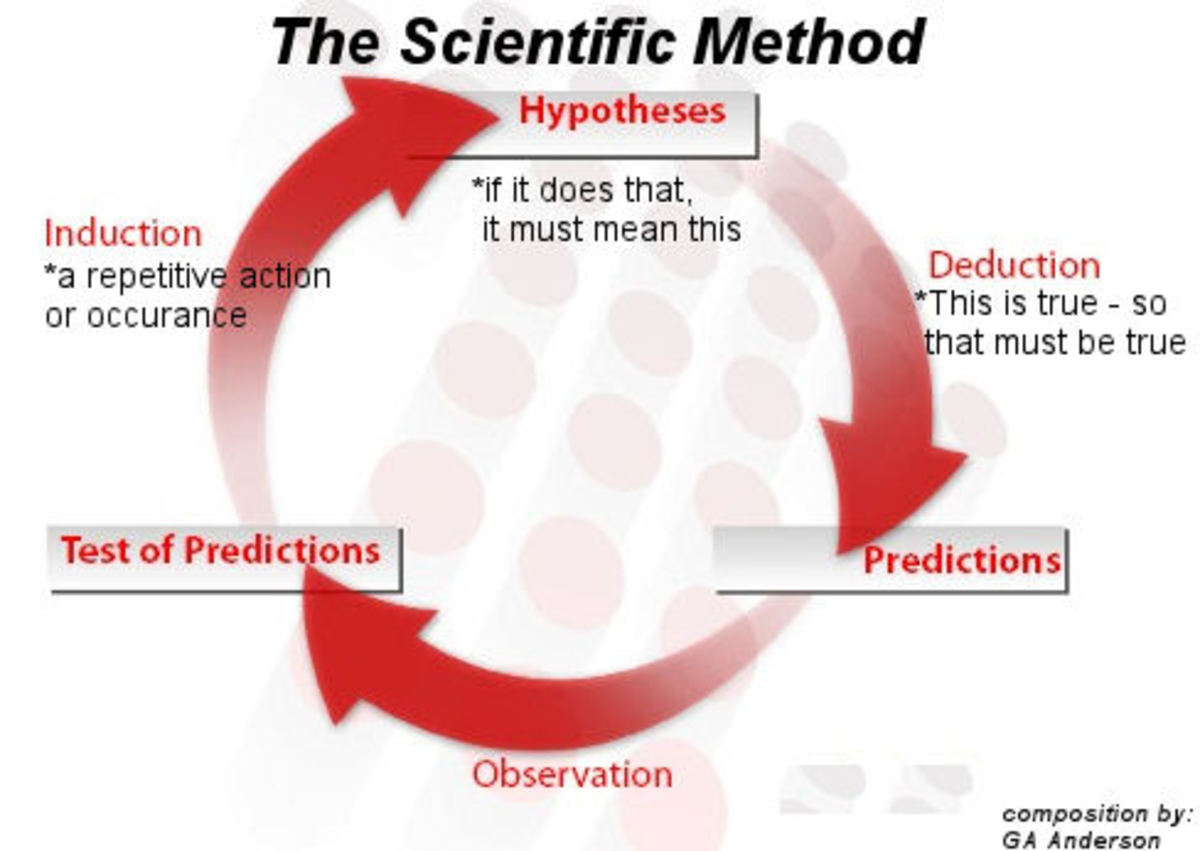The basics of positivism and sociology: Auguste Comte and Émile Durkheim

Starting with the right foot: what is positivism?
First of all, a big disclaimer: it is impossible to be theoretically precise if the purpose of this article is to bring a summary of information regarding positivism. So for the critics that love to point failures, I know there are a couple of omissions or, let's say, imprecise information. Please note that if one wants deeper information, there are plenty of available sources on the internet and my objective is not to copy any of them.
So let's go straight to the point: positivism is nothing more than a philosophy; to be more precise, a philosophy of thinking or a philosophy of science. Basically, the adepts of positivism assert that the valid knowledge is the scientific one: the one that can be obtained through experiments and that can be scientifically validated.
The scientific method
Positivists believe that the scientific method is the only reliable path to follow in order to achieve the true knowledge. But what is scientific method? In a nutshell, the scientific method is nothing more than a method of investigation that follows the following steps:
- Observe phenomena: it all starts with observation. Scientists observe a new and not explained phenomena that needs explanation and justification;
- Making the right question: this is the true beginning of the scientific method. To analyse the phenomena, it is necessary to formulate a precise question that allows the scientists to explore the phenomena. Making wrong or imprecise questions can lead all the investigation through the wrong path, so this is a critical phase of the scientific method.
- Formulation of a hypothesis: even before the experiments begin, it is very important to have a hypothesis, because it tells the path of the investigation. The hypothesis states what is to be proved, and establishes the necessary experiments;
- Develop testable predictions: still before the experiments themselves, it is important to establish what are the expected results when the hypothesis happens;
- Gather data and test the predictions: it is time to go to the real world in order to collect the data to check if the predictions are proved true or not. If the data collected shows that the predictions are not true (hypothesis did not lead to the expected predictions), then the hypothesis is false.
One very important thing for the scientific method: it is ok for the hypothesis to be false. Scientists are not trying to create a perfect hypothesis: they create hypothesis based on what is observed in nature. This is very interesting in psychology: they observe the behavior of one person and formulate a few hypothesis about the causes of the behavior. So they would be more or less like this: "We think that stimulating the frontal cerebral cortex with electric current will cause the Being A to dance salsa." Then they establish the predictable outputs: dance salsa. And then they proceed to the experiment itself: they plug a couple of wires in the brain of Being A and turn on the electricity. What happens? Being A dies. And the hypothesis that stimulating the frontal cerebral cortex with electricity causes the human being to dance salsa is proved wrong!
Of course there are a couple of scientific specificities that should be applied here, but let's keep it simple and lean. After all, we want to comprehend the big picture of the scientific method
Empiricism
Empiricism is basically a line of thinking that says that emphasizes the sensory experience. It focus on what can be truly observed, and does not give much space to speculations. If it is not perceptible to the senses, there is a big chance it is not true. An example? Let's go:
Two scientists are discussing about what happens if they let a watermelon fall on the floor. The first one is a theoretical scientist: he says that, according to the laws of physics, the watermelon will part in ten pieces. The second one is an empirical scientist: he drops the watermelon and counts the number of pieces.
In other words, empiricism is based on sensory experience, in observable outputs that can be measures and are perceptible to the human senses.
Wrapping it up: positivism and sociology
It makes a lot of sense to talk about positivism and sociology, since the first one holds that the behavior of society can be understood through scientific investigation, scientific method and empiricism. It is, in other words, the application of the laws of natural sciences to the society.
But what it is important for us to keep here is that positivism is the adoption of the scientific method and of the empiricism in the analysis of the society. Three are the principles of empirical science that are also applicable to positivism: replicability, reliability and validity.

Auguste Comte and the Positive Philosophy
Whenever you hear of positivism, you hear about Comte. Not only him, but also Durkheim, Saint-Simon, etc. But this guy, Comte, was one of the big minds behind the "creation" of positivism as it is perceived today. He was also one of the founders of sociology, and that is why he is so important: he established a very strong bond between the two disciplines, applied the scientific method of investigations to the society.
What was thought before him is that the course of a society was based on unpredictable happenings. How could we apply to non-exact things such as humans the exact laws of science?
Well, Comte did something pretty nice here: he brought, in his work The Course in Positive Philosophy, a great integration among natural sciences (mathematics, physics, biology, chemistry, astronomy and so on) and social studies. What was born? An inevitable social science. So let's understand the principle behind the social science.
Social Science: "oh dear! This is nothing more than biology itself!"
What is better than examples? The male behavior of courting thousands of females just to procreate is explained by the biological principle of the transmission of genes! Well, a man wants to pass his genes to the maximum number of descendants in order to continue his species. This causes the male behavior (that females most of the times hate) of courting thousands of beings of the opposite sex in order to maximize the reach of his genes.
This is science! And what I really like about sociology and positivism is that it brings some very cool approaches to phenomena observed in society. Class conflict (or class warfare)? Nothing more than two different groups of the same species fighting against each other to determine which one will be the dominant (simplification intended). This also happens in a wide variety of species, for example, in the so called "alpha male" behavior.
The whole point is: the introduction of natural sciences was a very smart and important contribution to the comprehension of the mechanisms of society. We are beings driven by biological and chemical principles, and we live in a world governed by physical laws. So for sure they play a big role in the course of our actions.
Woop woop: time for a break! Get up and do some exercise to relax!
Time to talk about Émile Durkheim and Social Facts
Together with Marx and Weber, Émile Durkheim is one of the most influential philosophers (or sociologists) for sociology. He contributed a lot working with Comte's positivism and increasing it's reach and applicability. Durkheim was very concerned about the objectivity of sociology: how can a being that is conditioned by the society study it in an impartial way? The observer of a scientific experiment has to be impartial and disconnected from the experiment. And Durkheim himself noted that this impartiality is very hard to reach when it comes to sociology.
A quick example? A German sociologist will have different explanations for the Second World War than an American sociologist. And this comes from the very beginning of their formation: they are, since they are children, influenced by they way school teaches history and so on. In any case, my point here is that we are influences by countless "social forces" and premises that we are not even aware that play a role in our formation. So impartiality is very unlikely to be achieved here.
Social Facts: our behavior is not ours
It could be that this thing of impartiality has let Durkheim to think about the ways that society tailors our behaviors. But I'm not going to affirm it: I will leave the benefit of doubt to the reader.
What are social facts? By definition, they are impositions from the society regarding our way of living, such as moral code, laws, common agreements, common knowledge, etc. How can you identify that something is a social fact? The disobedience of it will bring you some sort of constraint. It doesn't matter the degree of this constrain: it can be a couple of people laughing at your behavior or you can be sent to jail. These are all constraints that fall over the head of the one that disobeys a social fact. So let's work with examples, because they make it easier to comprehend.
Example 1: the man that walked with his hands
It might have been determined by biological aptitude that we should walk using our feet. And that we should move in the direction to where our face is pointing. Yes, in fact, legs' muscles are much more suitable for mobility and the fact that we walk in the direction to where our face is pointing allows us to focus our sensory perception.
But there was this guy that thought it was better to walk using his hands. It is not a crime, it is not against the law, but no matter where he went, he was the target of laughs and funny comments. He was simply behaving against a well established social fact that, well, humans walk with their feet.
Example 2: marriage and virginity in India
It is a very bad thing for a girl to have sexual intercourse before marriage in India. Is it biological? Not really. Is it... Physical? Not really. It is all a matter of established social behavior. This, I think, is a much better example of a social fact than the previous one (so why don't I go ahead and delete the hand-walking guy?). There are no other explicit reasons except for the social traditions of chastity that explain this behavior.
And what if a girl has sexual intercourse before the marriage? She will be judged by the society as impure, as corrupted by the carnal instincts of the human being. This might be changing now, with the changing of sex paradigms around the world, but I was recently in India and chastity before marriage is still a pretty strong social fact.
Example 3: breaking the law
A more extreme example of social fact is the legal system from the government to it's society. Ok, it doesn't come straight from the government, but from a codified moral system that dictates what is considered right and what is considered wrong. And this system predicts a certain punishment, with different degrees to different "wrong behaviors".
So if you break the social facts predicted in the legal system, you are going to suffer some sort of constrain. It can be a light one, such as paying a ticket for parking in the wrong place, or it can be a very heavy one, such are dead sentence for killing thirteen people in one night.
What is important? Social facts change as the society changes
That's it. Why does India has such a strict moral code regarding sex before marriage and the US don't? Why does some countries have death sentence while others don't even have lifetime sentence? That's because social facts are exactly this: social. They change according to the society and to the customs of it's people. That is why different countries have different customs and that's why some behaviors are accepted in some places while they are condemned in others.
As the society evolves, it's moral code tends to change, and so the social facts. Marriage, for example, was a social fact a couple of decades ago in US; nowadays, this reality's been changing. In fact, it is very interesting to notice how these changes happen and, well, this is one of the main fields of sociology: to study and to comprehend the changes in the society and it's implications in human behavior. Pretty cool, isn't it?
To relax again: a picture of a beautiful social group in a flower fair

And just before we close the discussion, a quick question
Who do you think is more important? How about leave some comments with your point of view?
Closing: we will be back with Marx and Weber, don't worry!
Ok buddies, it's been a long ride until now and I think it is time to stop. In fact, I am very curious about a lot of natural sciences, so it might take a while until I come back to the sociology topic again, but I will come back! And we will for sure discuss about these two key figures: Karl Marx and Max Weber.
But for now, I leave you with a cool quote from Karl Marx that expresses very well what we learned today about sociology:
Society does not consist of individuals but expresses the sum of interrelations, the relations within which these individuals stand.
Goodbye everyone and until the next post!








